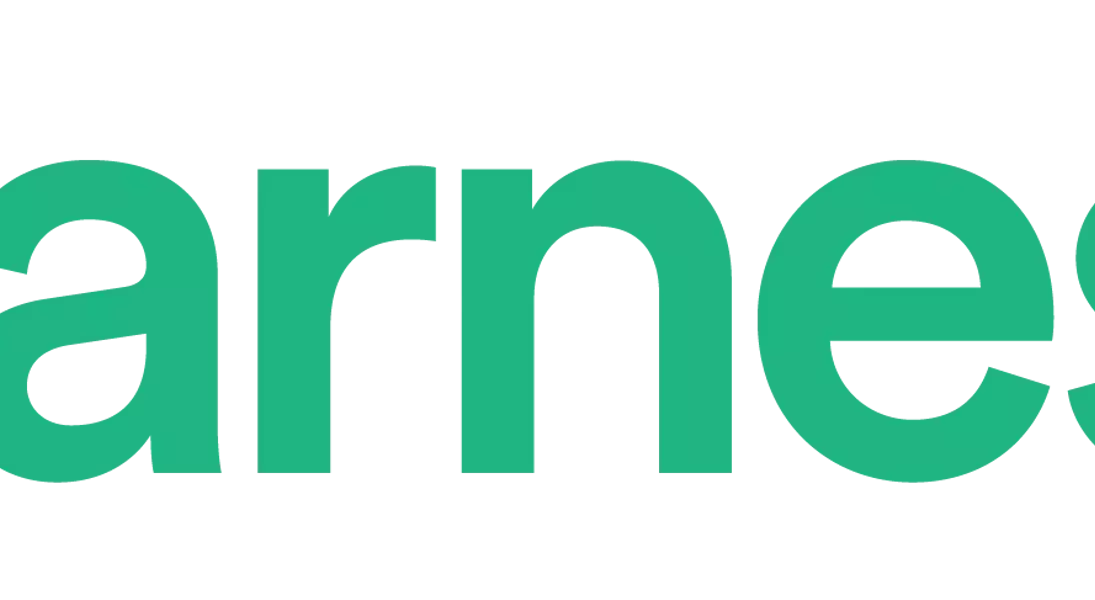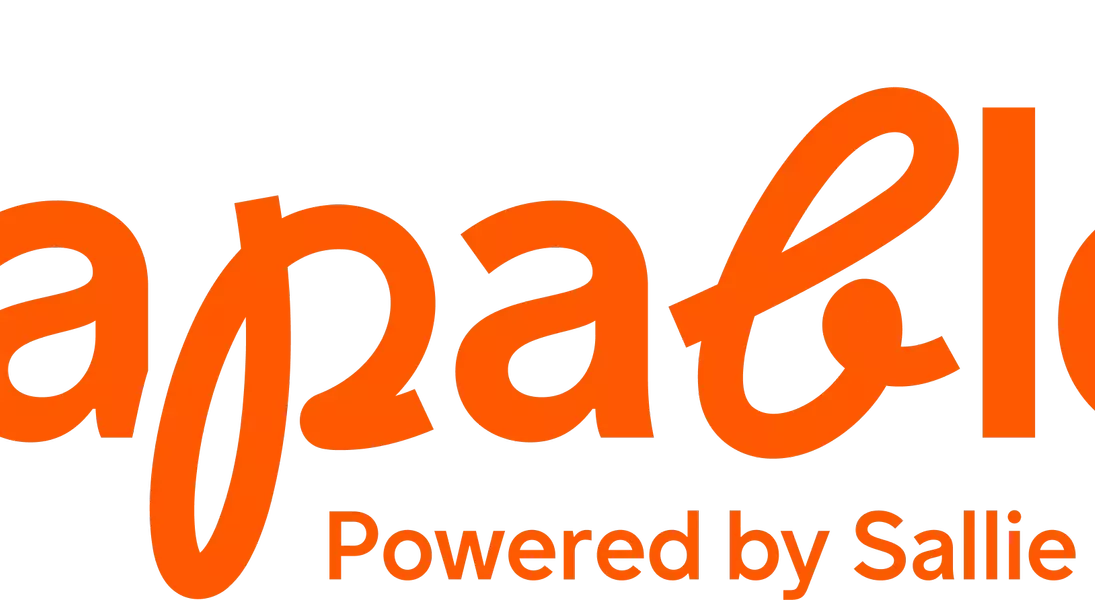






Unlock Your Educational Journey: Finding the Ideal Private Student Loan
Understanding Loan Structures: Rates, Terms, and Eligibility with Leading Providers
When seeking additional financial support for higher education, private student loans emerge as a crucial option. Earnest and Sallie Mae stand out as prominent providers in this domain, often presenting similar interest rates and conditions, which can complicate the selection process. While securing the most favorable cost remains a primary objective, a thorough examination of the subtle distinctions between these lenders can prove highly beneficial. This section offers a comprehensive look at the varying rates, loan durations, and qualifying criteria for both Earnest and Sallie Mae.
Tailored Choices: When Each Lender Shines Brightest
Although Earnest and Sallie Mae both offer private student loan products, their unique attributes cater to different borrower needs. Recognizing these distinctions is key to making an optimal choice. For those pursuing non-traditional academic paths, Sallie Mae offers greater flexibility. If fostering a continuous relationship with a single financial institution is important, Earnest proves advantageous. Borrowers anticipating the future release of a cosigner will find Sallie Mae's policy more accommodating, while Earnest excels in providing adaptable repayment structures. Finally, geographical considerations play a role, with Sallie Mae serving residents in Nevada where Earnest does not operate.
Flexibility for Diverse Academic Paths: Sallie Mae's Advantage for Non-Traditional Learners
Many loan providers impose stringent enrollment criteria, often requiring students to be on a conventional full-time academic track, similar to Earnest's typical mandates. However, for individuals whose educational journey diverges from this standard, Sallie Mae presents a more adaptable solution. It does not stipulate specific degree-seeking status or a minimum course load, offering greater freedom for students to pursue their studies at their own pace, provided they are prepared to meet their repayment obligations.
Cultivating Long-Term Financial Partnerships: The Earnest Edge in Lender Relationships
A common source of frustration for student borrowers is the transfer of loan servicing to external companies. Earnest distinguishes itself by managing its own loans, ensuring a consistent and direct relationship with its clients. Moreover, Earnest provides comprehensive student loan refinancing options, a service not offered by Sallie Mae. This allows qualified graduates to secure more favorable rates and terms, or to release their cosigners, with customizable repayment periods to suit their financial comfort.
Securing Future Independence: Sallie Mae's Cosigner Release Program
For many students, a cosigner is essential for securing a loan, but the ability to relieve them of this responsibility later is a significant benefit. While Earnest does not facilitate direct cosigner release, instead suggesting refinancing, Sallie Mae offers a clear pathway. After 12 months of consistent, on-time payments and meeting other stipulated conditions, borrowers can apply to have their cosigner removed from the loan agreement.
Empowering Repayment: Earnest's Adaptive Payment Solutions
Predicting post-graduation income can be difficult, and private student loans typically offer fewer repayment options than federal loans. While Sallie Mae permits 12 months of interest-only payments post-grace period, Earnest provides enhanced long-term flexibility. Earnest's grace period is longer at nine months, compared to Sallie Mae's six. Additionally, Earnest allows borrowers to skip one payment annually (contributing to a 12-month forbearance limit) and consistently offers refinancing, providing more control over repayment.
Geographic Lending: Sallie Mae's Broad Accessibility
For residents of Nevada, the choice between Earnest and Sallie Mae is clear-cut. Sallie Mae imposes no state-specific lending restrictions, making its services accessible to Nevadans. In contrast, Earnest does not extend its loan offerings to borrowers or cosigners residing in Nevada, simplifying the decision for those in the state.
Exploring Beyond the Duopoly: Alternative Private Loan Providers
While Earnest and Sallie Mae are strong contenders, it's prudent to explore other private student loan options to ensure the best fit. LendEDU's evaluations highlight Earnest for its repayment flexibility and Sallie Mae for its cosigner-friendly features. However, several other lenders offer compelling advantages, providing diverse choices for prospective borrowers.
College Ave: Flexibility and Stability in Student Lending
College Ave distinguishes itself by coupling competitive interest rates with a borrower-centric approach. Its innovative "Multi-Year Peace of Mind" program simplifies future funding by allowing most students to bypass repeated application processes for subsequent semesters. This feature significantly reduces administrative burdens and financial anxieties, ensuring uninterrupted access to necessary funds.
Capable (Powered by Sallie Mae): Empowering Repayment Flexibility
Capable, an offering from Sallie Mae, prioritizes adaptable repayment solutions for students. This lender empowers borrowers to initiate payments at lower amounts, gradually adjust them over time, or select a repayment strategy that aligns with their evolving financial status. This inherent flexibility is particularly appealing for those who desire more autonomy and control over their loan repayment journey than traditional loan structures typically permit.
SoFi: Tailored Benefits for Graduate Students and Beyond
SoFi presents interest rates comparable to those of Earnest and Sallie Mae, yet it distinguishes itself, particularly for graduate students and individuals seeking additional financial incentives. Borrowers who utilize SoFi's banking or investment services may qualify for interest rate reductions. SoFi tends to be more advantageous for those who face higher interest rate ranges, making it an attractive option for students seeking comprehensive financial benefits from their lender.
Evaluating Loan Providers: Our Methodology for Earnest and Sallie Mae
LendEDU's editorial rating methodology is designed to guide readers toward student loan companies offering the most advantageous terms. Our assessment framework prioritizes factors such as affordability, positive customer feedback, and transparent disclosure of benefits and terms. We conducted an in-depth comparison of Sallie Mae and Earnest against numerous other student loan providers. This involved analyzing hundreds of data points from official company websites, public disclosures, customer testimonials, and direct communications with company representatives. Each factor was meticulously weighted, scored, and combined to yield a conclusive editorial rating, expressed on a scale of 1 to 5, with 5 being the highest possible score. Our comprehensive evaluations and "best-for" designations reflect our informed perspectives on each company's strengths.
